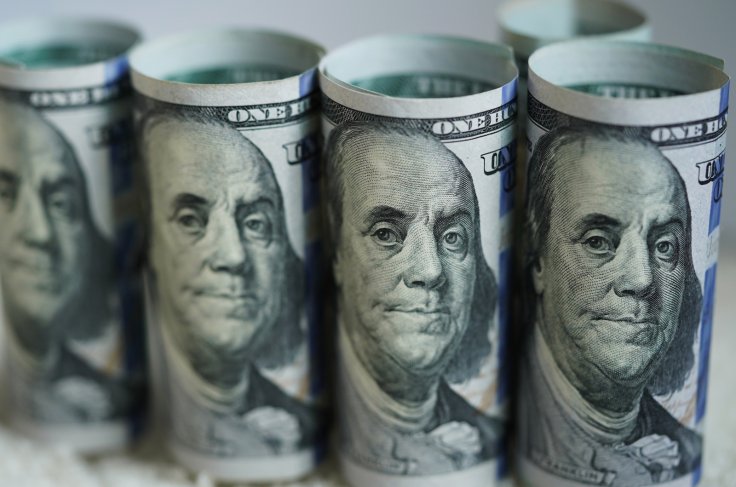A second round of stimulus checks is expected to land in the bank accounts of millions of Americans next week, thanks to the $900 billion economic relief package that Congress passed on Monday night as unemployment benefits are set to expire on Saturday.
The new checks will add $600 to each individuals bank account, half the amount of the first round of stimulus checks of $1,200 which were sent out in April. This led to outcry on social media as many, including president Donald Trump. criticized the $600 stimulus checks as inadequate.
One Twitter user expressed the frustration with a claim that each member of Congress made almost $100,000 over the months that they spent negotiating the amount that each American should receive.
each member of congress made almost $100,000 during the time they were arguing whether or not we deserved $600 HAHAHAHAHAHA
— grant (@TakeForGrantd) December 20, 2020
How Much Did Each Congress Member Make?

What we do know is that members of Congress, including senators and house representatives, each get paid $174,000 a year. Now, we need to define the amount of time they spent debating over the bill that granted the $600 stimulus checks to U.S. citizens.
Negotiations over the second stimulus check began immediately after the CARES Act (which granted the first $1200 stimulus checks to the American people) was signed into law on March 27, 2020. At the time, there was even bipartisan acknowledgement that the relief bill would be insufficient to combat the economic hardships caused by the COVID-19 pandemic.
"The minute we're done with phase three," Senate Republican Policy Committee Chairman Roy Blunt said to The Hill on March 27, referring to the CARES act, "we'll start talking about phase four because all of us know that phase three can't have included everything that needs to be included."
Even before CARES was officially signed into law, House Speaker Nancy Pelosi told CNN, "We'll get more direct payments in another bill."
Therefore, the debate over the second stimulus checks started 269 days ago, which essentially makes up 74 percent of the year. This translates to about $128,760 – the amount each lawmaker made during the time it took for the bill to pass.
Some may argue that only the days in which Congress was in session should be taken into account. However, debates surrounding COVID-19 stimulus are not limited to session days. Therefore the claim made by the Twitter user can be deemed as "true."









